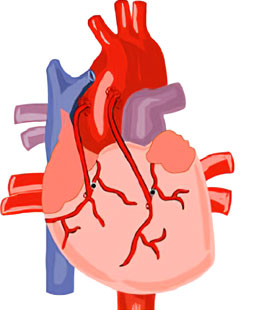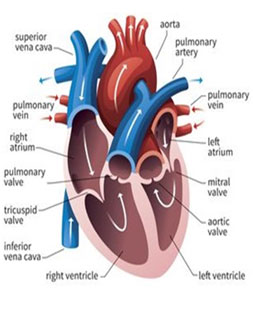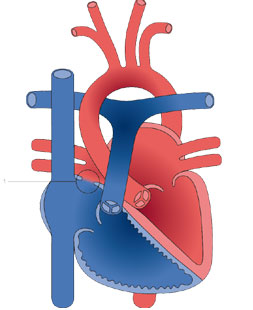Leading the Way in Cardiac Innovation and Expertise
Dr. Lalit Kapoor

He is a highly respected and accomplished Senior Consultant Cardiac Surgeon, renowned for his expertise, innovation, and dedication to advancing the field of Cardiac Surgery.
Our Interesting Cases
Years Of Experienced
AWARDS & ACHIEVEMENTS
Kind Of Surgeries Offered
Patients Treated By Doctor
Our Services

Coronary artery bypass surgery, also known as coronary artery bypass graft (CABG, pronounced "cabbage") surgery, and colloquially heart bypass or bypass surgery, is a surgical procedure consisting of either diverting the left internal thoracic artery (left internal mammary artery or "LIMA") to the left anterior descending (LAD) branch of the left main coronary artery; or a harvested great saphenous vein of the leg, attaching the proximal end to the aorta or one of its major branches, and the distal end to immediately beyond a partially obstructed coronary artery (the "target vessel") - usually a 50% to 99% obstruction. The purpose is to restore normal blood flow to that partially obstructed coronary artery.

Heart valve surgery is a procedure to treat heart valve disease. Heart valve disease involves at least one of the four heart valves not working properly. Heart valves keep blood flowing in the correct direction through your heart.
The four valves are the mitral valve, tricuspid valve, pulmonary valve and aortic valve. Each valve has flaps — called leaflets for the mitral and tricuspid valves and cusps for the aortic and pulmonary valves. These flaps open and close once during each heartbeat. Valves that don't open or close properly disrupt blood flow through your heart to your body.

Congenital heart defects are the most common type of birth defect. They affect 8 of every 1,000 newborns. Each year, more than 35,000 babies in the United States are born with congenital heart defects.
Many of these defects are simple conditions that are easily fixed or need no treatment. A small number of babies are born with complex congenital heart defects that require special medical care soon after birth.
Over the past few decades, the diagnosis and treatment of these complex defects has greatly improved. As a result, almost all children who have complex heart defects survive to adulthood and can live active, productive lives.
Success Stories
My Patients Speak
Prof. Sanat Chaterjee, finally completed my half finsihed book on Fundamentals of Physics after being operated for a CABG at BMBHRC
I am from Ranchi, My father was suffering from cardiac problem and took to Specialist Cardiac Surgeon Dr. Lalit Kapoor, My father gone through bypass Surgery and he is now fit.

